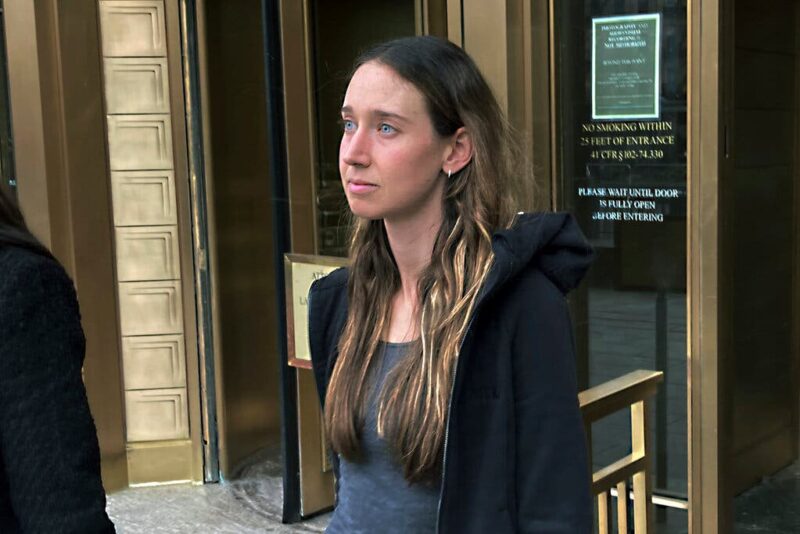By Erin Griffith – The New York Times
SAN FRANCISCO — Faking it is over. That’s the feeling in Silicon Valley, along with some schadenfreude and a pinch of paranoia.
Not only has funding dried up for cash-burning start-ups over the last year, but now, fraud is also in the air, as investors scrutinize start-up claims more closely and a tech downturn reveals who has been taking the industry’s “fake it till you make it” ethos too far.
Take what happened in the past two weeks: Charlie Javice, the founder of the financial aid start-up Frank, was arrested, accused of falsifying customer data. A jury found Rishi Shah, a co-founder of the advertising software start-up Outcome Health, guilty of defrauding customers and investors. And a judge orderedElizabeth Holmes, the founder who defrauded investors at her blood testing start-up Theranos, to begin an 11-year prison sentence on April 27.
Those developments follow the February arrests of Carlos Watson, the founder of Ozy Media, and Christopher Kirchner, the founder of software company Slync, both accused of defrauding investors. Still to come is the fraud trial of Manish Lachwani, a co-founder of the software start-up HeadSpin, set to begin in May, and that of Sam Bankman-Fried, the founder of the cryptocurrency exchange FTX, who faces 13 fraud charges later this year.
Taken together, the chorus of charges, convictions and sentences have created a feeling that the start-up world’s fast and loose fakery actually has consequences. Despite this generation’s many high-profile scandals (Uber, WeWork) and downfalls (Juicero), few start-up founders, aside from Ms. Holmes, ever faced criminal charges for pushing the boundaries of business puffery as they disrupted us into the future.
The funding downturn may be to blame. Unethical behavior can largely be overlooked when times are good, as they were for tech start-ups in the 2010s. Between 2012 and 2021, funding to tech start-ups in the United States jumped eightfold to $344 billion, according to PitchBook, which tracks start-ups. More than 1,200 of them are considered “unicorns” worth $1 billion or more on paper.
But when the easy money dries up, everyone parrots the Warren Buffett proverb about finding out who is swimming naked when the tide goes out. After FTX filed for bankruptcy in November, Brian Chesky, the chief executive of Airbnb, updated the adage for millennial tech founders: “It feels like we were in a nightclub and the lights just turned on,” he tweeted.
LEER MÁS






